Cupertino mayor accuses Apple, responsible for nearly 20% of the city's tax revenue, of not paying enough [u]
The city of Cupertino, Calif. — which is economically dependent on Apple — is reportedly embroiled in a conflict over how it should fund the transport infrastructure needed to deal with congestion created by the company, as well as other businesses in the area.
Mayor Barry Chang recently proposed that Apple spend $100 million to improve infrastructure in the city, which could be strained even further once Apple completes its giant Campus 2 project, The Guardian said on Thursday. The proposal might've advanced if just one of three other city council members had voted in favor, but those people declined, something Chang blames on them being scared of offending Apple, and the company talking to them personally.
Chang told The Guardian that the most recent time he tried to visit Apple in person, security staff immediately surrounded him once he entered the lobby and escorted him off campus.
"They said 'you cannot come in, you're not invited'," according to Chang.
A number of Cupertino residents are reportedly upset that Chang and others in city government aren't doing enough to cope with noise and traffic generated by the city's old infrastructure, and some are calling for a halt to new development. Chang has insisted that restraining development would hurt the area's economy, and instead suggested higher taxes on companies like Apple as well as richer inhabitants.
An organization called Cupertino Citizens for Sensible Growth is in fact trying to get Chang recalled, despite his having assumed office just this December. The mayor has said he's not afraid, and is in fact running for a position in the California state assembly.
"Raising taxes is not popular, but I'm not afraid. We are the center of technology, and our public transit system is old and embarrassing," Chang said. "And the politicians have no backbone. They get scared."
A proposal currently in the works would charge $1,000 per person for companies with over 100 workers. Chang describes this as preferable to a competing alternative, which is simply a higher sales tax.
Between 2012 and 2013, Apple paid approximately $9.2 million into Cupertino taxes, or about 18 percent of the city's general fund budget. That amount is same as CEO Tim Cook's pay during 2014.
Chang recently tried to organize a rally outside Apple's headquarters, but said that he was unable to attract enough people.
Update: In a post to the official Cupertino City website, Mayor Chang said The Guardian article misunderstood his concerns and took quotes out of context.
"I was shocked and dismayed to see a recent article quoting me with words I never used and describing situations that never happened," Chang said. "I feel very strongly about combating traffic," said Mayor Chang. The mayor has previously promoted the idea that large companies that contribute to traffic problems should also contribute to traffic solutions. The Mayor was emphatic that, "other situations reported in the article absolutely have no bearing on anything that I may have said or anything that has happened in this community."
 Roger Fingas
Roger Fingas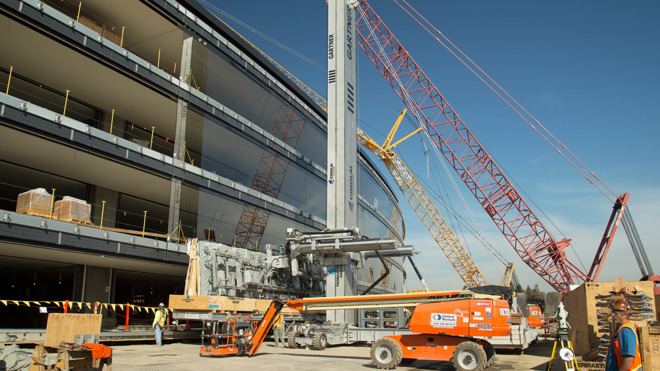













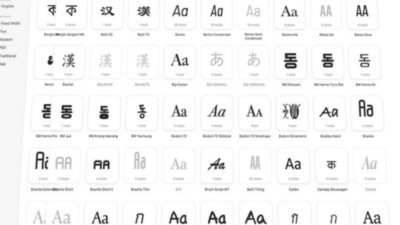
 David Schloss
David Schloss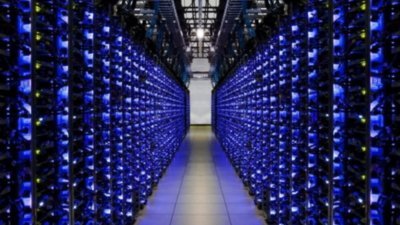
 Andrew Orr
Andrew Orr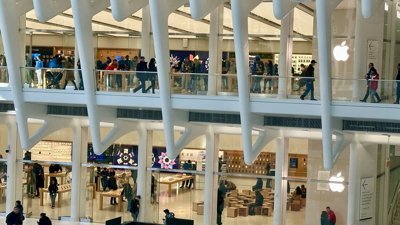

 Marko Zivkovic
Marko Zivkovic
 Wesley Hilliard
Wesley Hilliard
 Andrew O'Hara
Andrew O'Hara
 William Gallagher
William Gallagher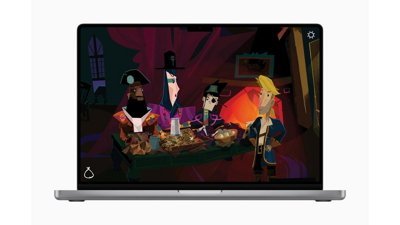
 Amber Neely
Amber Neely
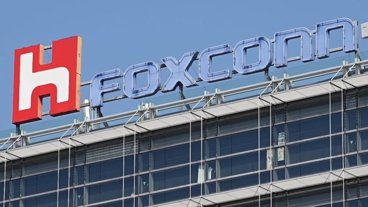







114 Comments
Nothing stimulates the economy like chopping down the money tree that put you on the map.
This argument is little different than the argument that the rich in general don't pay enough taxes, when in reality the richest 10% pay the majority of federal income tax...in fact the bottom 50% of earners pay almost no federal tax at all.
The expanse of property committed to the new Apple campus was ALL occupied by office buildings prior to the acquisition by Apple. It is likely that - given the vast areas of open space in the Apple design - that the employee density will be lower than previously on that site.
Cupertino should just hit all employees who work within its borders with a payroll tax of 1%, regardless of whether they live in the city, like Washington D.C. and St. Louis do. Taxation without representation. Few employees of Apple will be able to vote against such a measure, because most live elsewhere.
Barry Chang is a nut case.